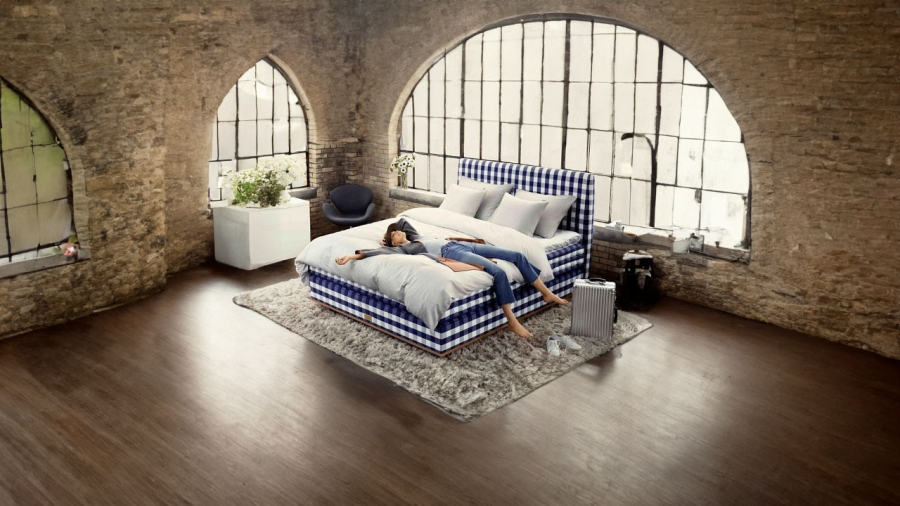We spend a third of our lives sleeping. Sleep is when our body recovers and ensures our health. Therefore, sleep, the bedroom, and the bed are of utmost importance. Feng shui principles dictate that the way we sleep and the direction we face can impact our luck. Here are three directions you should avoid facing while sleeping.

Facing the Window or Main Door While Sleeping is Inauspicious
Do Not Face the Window or Door
Ancient wisdom suggests that sleeping with your head facing the window or door can deplete your wealth. Additionally, in folk culture, positioning the head towards the door is reminiscent of how the deceased are laid out before the funeral rites.
Windows and bedroom doors are where air circulates, and negative energies can enter and affect the well-being of the occupants.
From a health perspective, windows and doors are susceptible to drafts, light, and noise. Facing the window or door while sleeping can disrupt your sleep due to light, noise, or drafts, ultimately impacting your health and finances as you may need to spend money on medical treatment.
In traditional culture, the deceased person’s bed is pulled out, and the head is positioned towards the door during funeral rites. Thus, facing the door while sleeping is considered inauspicious and not conducive to attracting positive energy.
Do Not Reverse the Direction of Your Head and Feet
When setting up a bed in the bedroom, it is essential to establish the head and foot of the bed. Typically, the headboard is designed to support your head and back when sitting up. Additionally, the bed is usually positioned with a slight incline, higher at the head, to ensure a comfortable sleeping posture.
Reversing the direction of your body on the bed can lead to a range of issues. Sleeping with your head lower than your feet can cause headaches and facial swelling the next day. Furthermore, sleeping with your head at the foot of the bed without the support of a headboard can expose you to drafts, leading to headaches, especially in cold weather. Reversing the direction goes against the principles of yin and yang and feng shui, indicating a reversal of fortune and potential challenges in life and work.

Sleeping Crosswise on the Bed is Inauspicious
Do Not Sleep Crosswise on the Bed
Some people have a habit of sitting on the bed sideways and then lying down in that position without adjusting to the proper lengthwise orientation. This practice is not advisable for health reasons. Typically, beds are designed to be wider than they are long, usually around 1.6 to 1.8 meters wide and 2 meters long. Sleeping crosswise may result in your feet hanging off the bed, causing discomfort and pain in the legs and feet.
From a feng shui perspective, sleeping crosswise on the bed is considered inauspicious for wealth and can indicate impending misfortune. Therefore, it is recommended to sleep in the same direction as the length of the bed.
Additionally, when positioning the bed in the bedroom, avoid placing it in the middle of the room, floating away from the wall. Doing so can create a sense of instability and unease while sleeping.
This information is for reference only.



































